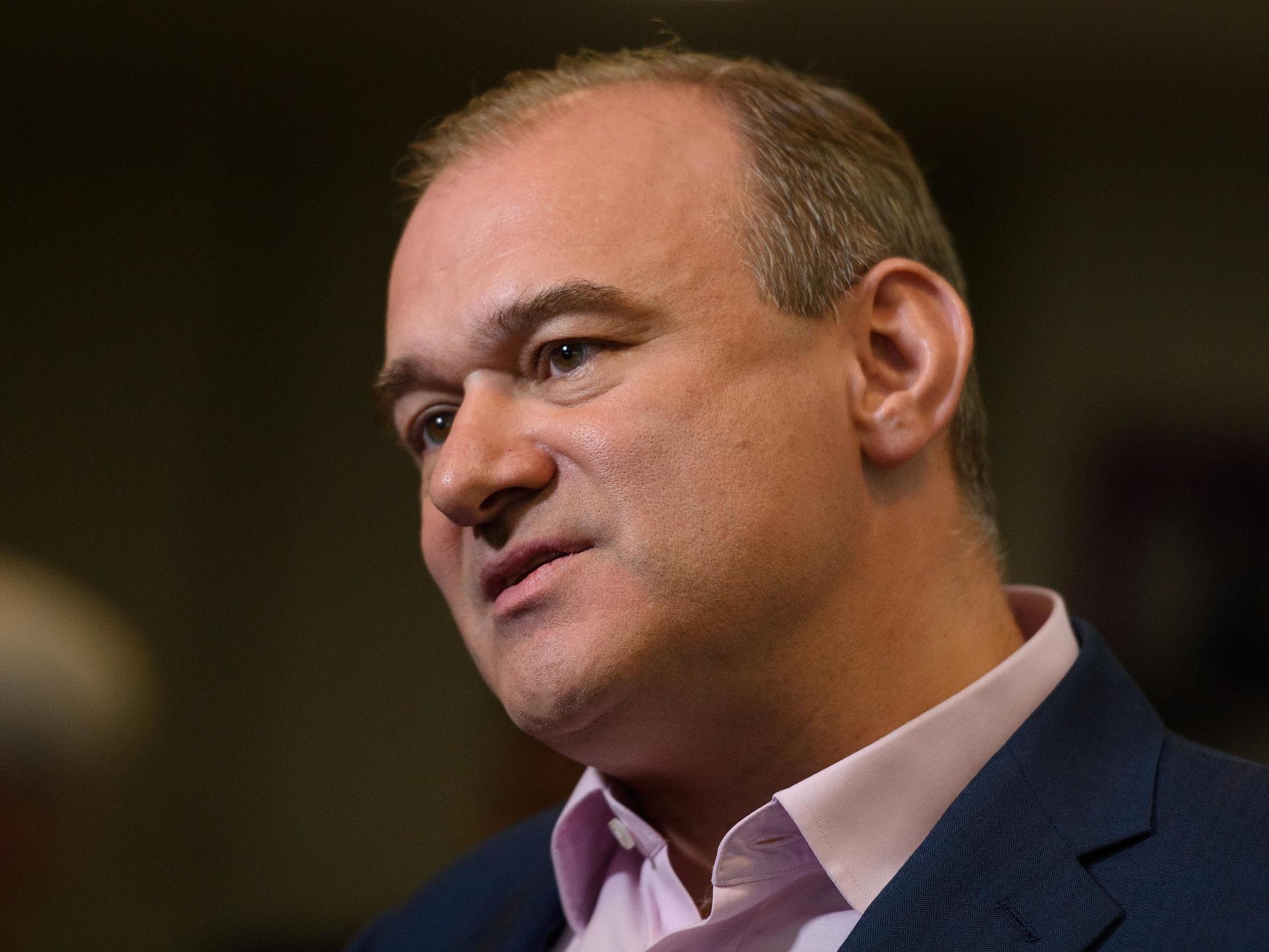The time may have come for the Liberal Democrats and the Green Party to merge
The two parties stood down in each other’s favour in many seats in England and Wales at the last election, says John Rentoul. Could they go further?


This striking suggestion was made by writer Nick Tyrone, who wants Layla Moran to win the Liberal Democrat leadership because he thinks it would destroy the party. For that reason, many readers might have dismissed the idea of a merger of the Lib Dems and Greens out of hand, but there is something to it.
Tyrone is an Orange-Book Lib Dem, that is, on the free-market, Nick Cleggish side of the party. That ought to mean he supports Ed Davey in the titanic political struggle that is not exactly shaking the country to its foundations until the ballot closes on 26 August.
But he is also a waspish writer and natural troublemaker, hence his article in The Spectator, in which he admits, “I agree with Ed on a lot more than I do Layla,” but goes on: “Ed isn’t good enough to make the Lib Dems nationally relevant again. I’m sorry to say this, but it’s true.”
So he wants Moran, with her “blancmange of green-flavoured leftist” policies, to win, “so that I can finally write off the Lib Dems and move on with my life”. Which is the kind of internal party knockabout of which the two main parties usually have a monopoly, so it is good to see the Lib Dems get in on the action (as well as the Scottish National Party, with its “Cherrymandering” scandal, rewriting the rules to deter Joanna Cherry from standing as a candidate for the Scottish parliament in Edinburgh Central).
But the more Tyrone explained why Moran’s winning the leadership would be such a disaster, the more he seemed to be making quite a profound point about the state of politics. If she becomes leader, he says, “it will simply be a matter of time before the Lib Dems and the Greens formally merge”. This would be in the interests of both sides, he argues. The Greens would acquire a large and sophisticated electoral machine, one that knows how to pump out leaflets, knock on doors, amass canvass information and fight neighbourhood campaigns. The Lib Dems, meanwhile, would “shed their tarnished brand”, finally putting the coalition years of fiscal stringency behind them.
In any case, there isn’t much for most voters between the Greens and the Lib Dems on policy. The Lib Dems may well have mainstream liberal-leftish policies on pretty much everything, but most people are only really aware of civil liberties, social justice – and environmentalism. That is what the party did in the coalition government: it cut detention without charge; prevented deep cuts to welfare; and Davey, as climate change secretary, oversaw the rapid decarbonisation of electricity generation.
A merger would be difficult. The Greens I have spoken to reject it out of hand. But I remember spending some time in the last two general elections talking to Greens about local pacts. Speaking to me, they would say there was no question of their candidate standing down to give the Lib Dem a free run, but then when nominations closed, there would mysteriously be no Green Party candidate on the ballot paper. There were also 10 seats last time where the Lib Dems stood down in the Greens’ favour, even if most of those weren’t remotely winnable.
The Remainer pact at the last election could be a step towards greater cooperation between the two parties (and Plaid Cymru, the Welsh nationalists, who also signed up to it), regardless of whether Moran or Davey wins.
Indeed, there is no reason why Moran has to win to make Tyrone’s scenario more plausible. If British politics were reimagined along German lines, it would be easy to see Davey, with government experience of delivering environmental policies, as being on what the Germans call the realo or realist wing of the Green movement. Most of the current England and Wales Green Party would be on the fundi or fundamentalist wing, but the two wings combine to make a formidable electoral force in Germany.
Given that Davey is the favourite to win, perhaps the way to make the Lib Dems “nationally relevant” again would be to build on his reputation as someone who did something about the climate crisis in government – and form an alliance with the Green Party to try to greenwash the taint of the rest of the coalition period.
Join our commenting forum
Join thought-provoking conversations, follow other Independent readers and see their replies
Comments